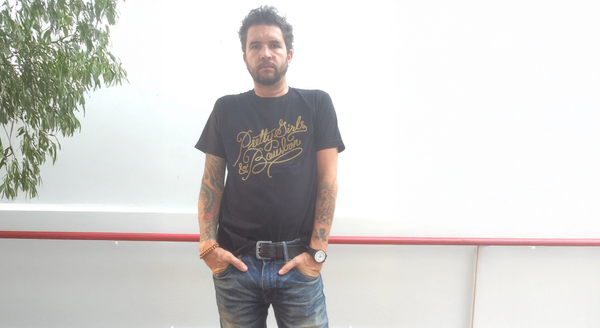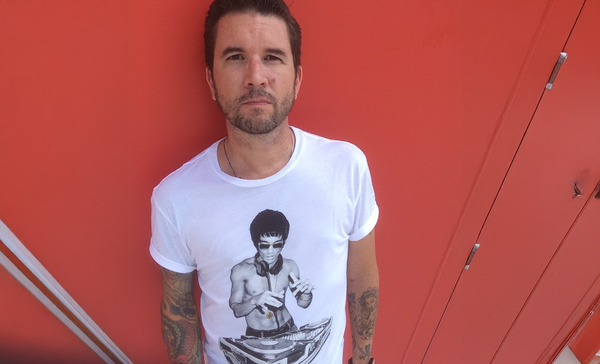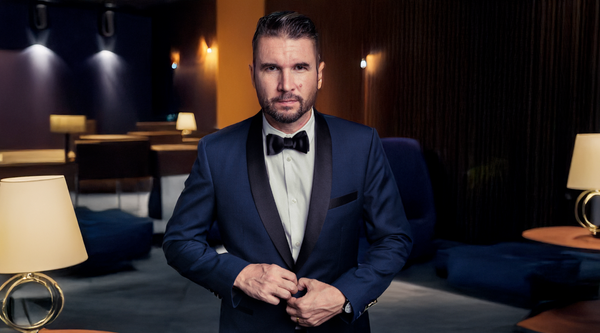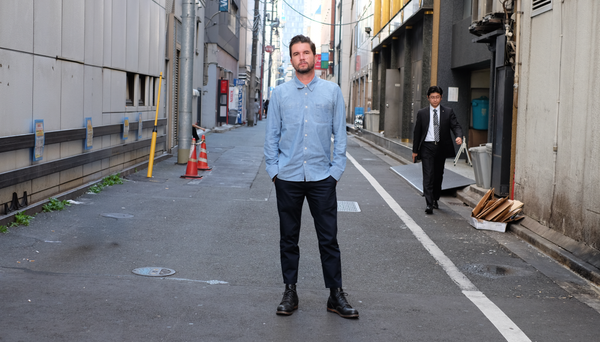I Never Wanted to Get Political. But Here We Are.
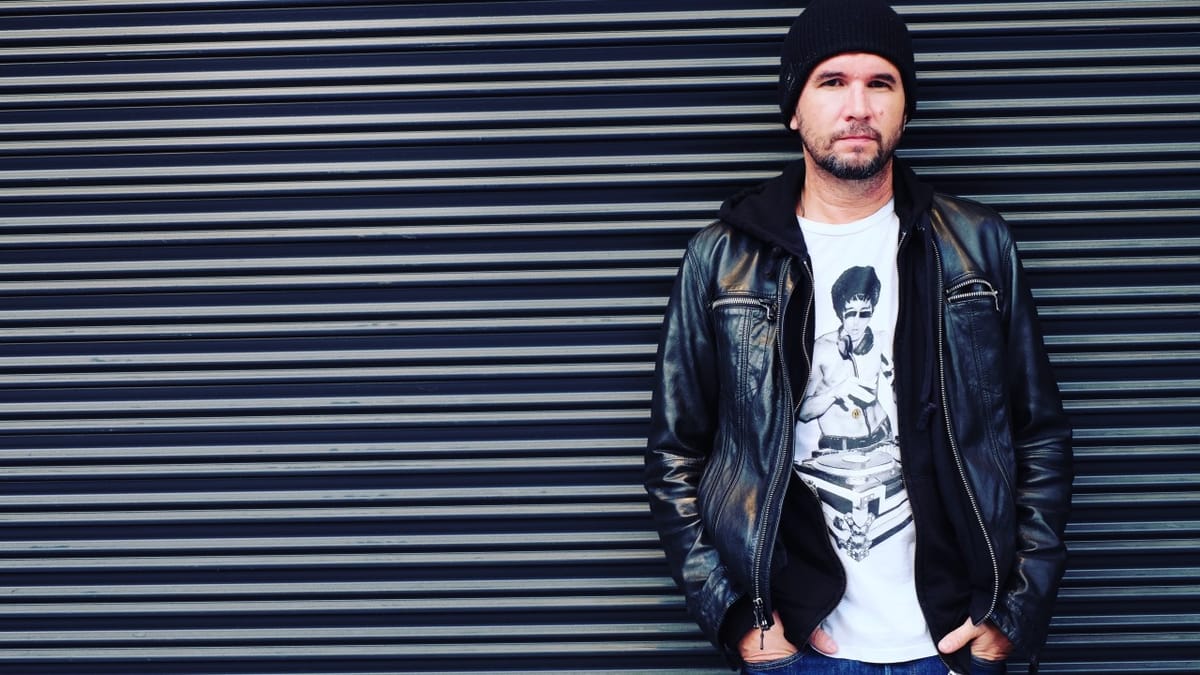
I’ve stayed mostly quiet on politics. Not because I don’t care, but because I believe in focusing on ideas, not ideologies. But something’s happening now that can’t go unspoken.
Recently, WPP, the world’s largest advertising agency, removed the word "diversity" from its annual report. Not buried, not softened. Removed. Reports are also surfacing that Accenture Song was excluded from a pitch because of their DEI policies (or lack thereof). This isn’t a subtle shift. This is a reckoning. And it’s personal.
And let’s not ignore the irony: WPP, despite being headquartered in the UK, buckled to U.S. political pressure. This wasn’t a cultural decision. It was an economic one. A strategic trade-off made to align with a powerful market, regardless of the values it compromised. When the largest agency group in the world removes "diversity" from its lexicon, it's not just a signal to shareholders. It’s a warning to the rest of us.
As someone over 50, I know what it feels like to be seen as less relevant, less current, less valuable. As someone who believes in the importance of women leaders, who has seen firsthand the business and human case for diversity - I won’t ignore the regression.
This is not a partisan debate. This is about what happens when belief and values are sacrificed on the altar of political expedience and profit. For agencies, particularly those headquartered in the U.S. or reporting to U.S.-based shareholders, the pressure is now undeniable: align with the political climate or risk your standing.
But let’s be clear: there is a cost to that alignment. It’s a cost measured not only in lost progress, but in lost people.
So what do we do when the language of inclusion is erased? What do we say when years of effort to broaden representation are rolled back in a couple of weeks? How do we respond, not just as professionals, but as humans, when we see the erosion of dignity disguised as strategy?
If you’re in leadership, ask yourself: who gets left behind if you say nothing? If you're part of a community, like I am with The Marketing Society or the IAA Singapore, ask how we double down on our values, especially in APAC, where many global decisions are influenced by U.S.-based agendas.
This is a wake-up call. One that challenges us to rethink what matters most. We can’t outsource our values to the market. We can’t delegate belief to the political weather. We have to lead.
Leadership begins with deciding where you stand. Even when standing feels risky.
Maybe there is way forward: challenge the rest of the world to step up. Especially non-U.S.-headquartered agencies, brands, and multinationals. If the U.S. industry is being forced backward, then the global community must move forward with more conviction.
Will agencies like Mother - independent, seemingly value-driven and provacative, or M+C Saatchi Group - with its strong global presence, known for public sector work and progressive campaigns - step up to this pressure or conceed after what I am sure will be heated discussions in the boardroom?
How are Publicis Groupe or Havas, both headquartered in France, both with a global footprint and strong APAC presence going to respond? If they wanted to stake a public DEI leadership position, they could provide a safe landing for clients looking for an exit from WPP.
This issue had better be on the table at Cannes Lions International Festival of Creativity this year, even if it means bumping sessions on creativity or effectiveness. Without diversity in the creative studios and agency leadership, creativity will take a massive hit.
Apple has weighed in with shareholders decisively rejected a proposal to eliminate the company’s DEI programs. As of this writing, at least from my research, there is no publicly available information detailing specific actions or statements from Dow, Unilever, Diageo, or Procter & Gamble regarding adjustments to their DEI policies in response to recent political developments. I am hoping that their leadership also steps up to the pressure.
This moment isn’t just a test of policy—it’s a test of principle.
Silence, in this case, is not neutral. The absence of a public stance from some of the world’s most influential brands and holding companies risks signaling indifference, or worse, quiet complicity. The industry doesn’t need more fence-sitters; it needs bold voices. And those voices don’t all have to come from the U.S. Global leadership must now mean more than operational reach. It must mean moral clarity.
Because if this is the new fault line in our industry, then perhaps it’s also the line in the sand where new leadership begins.
